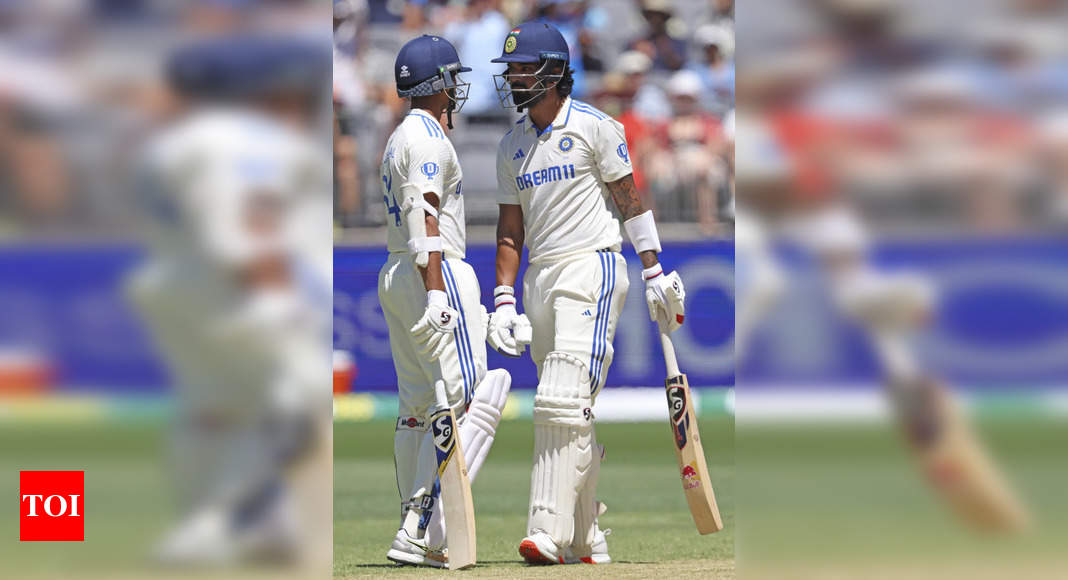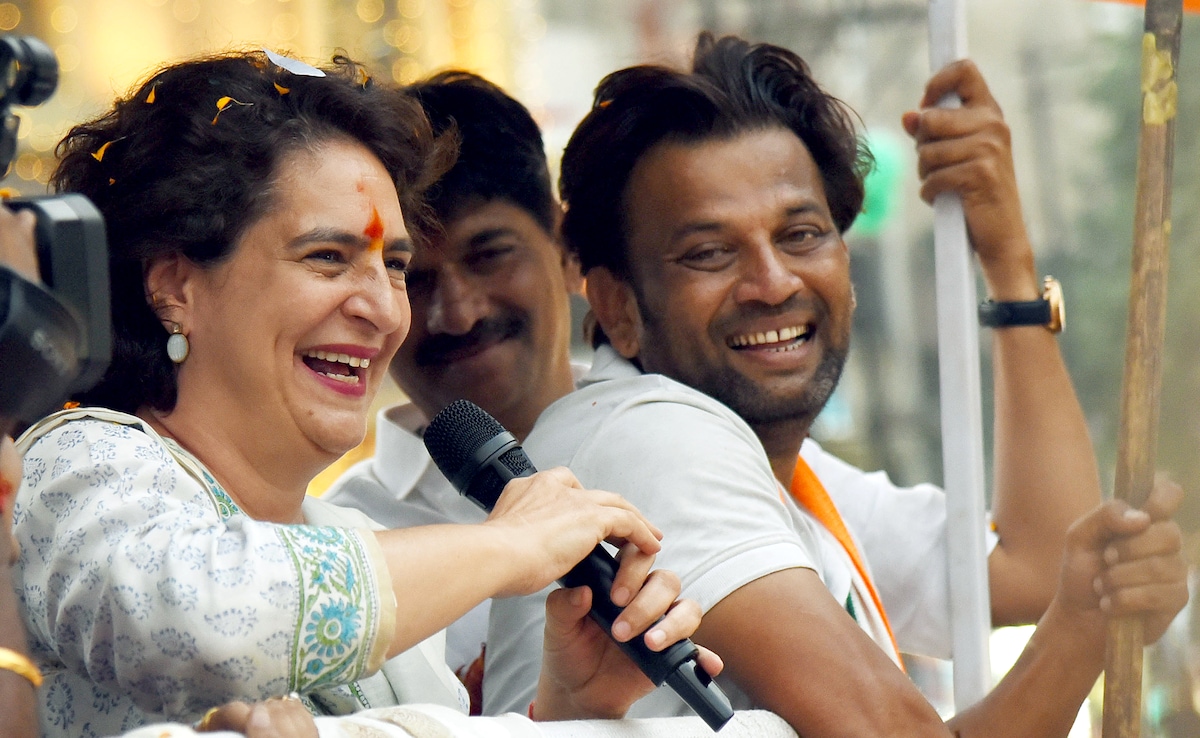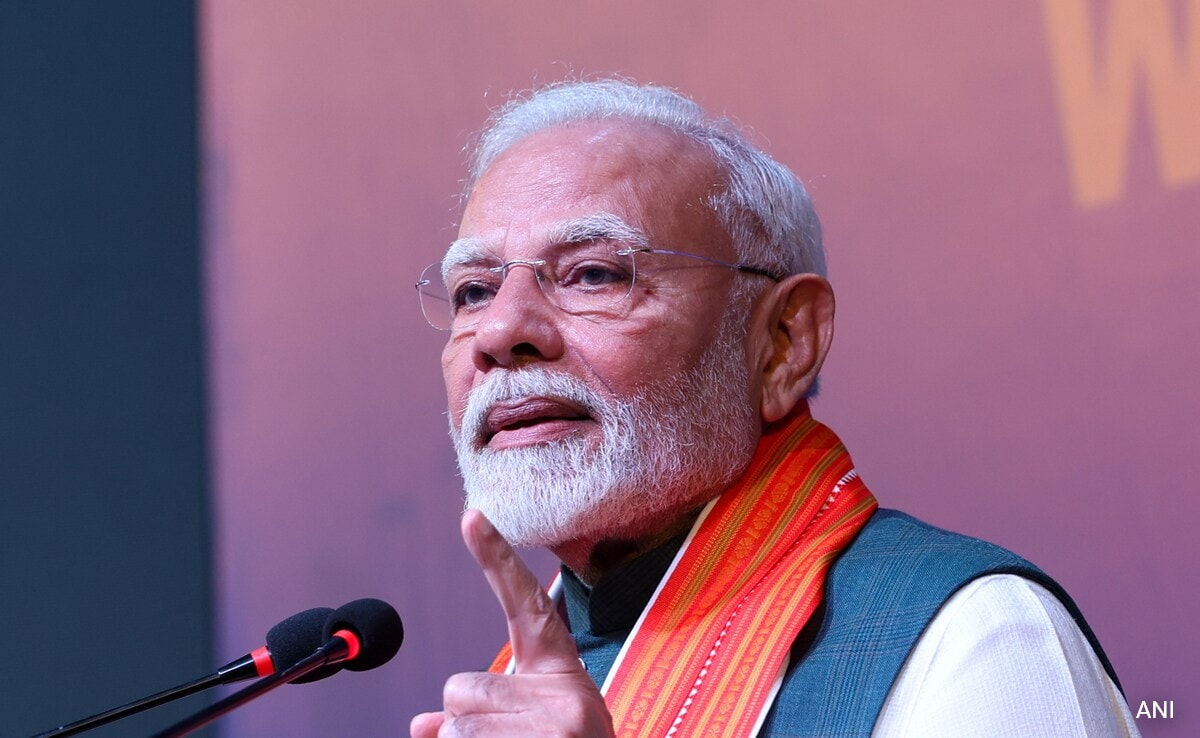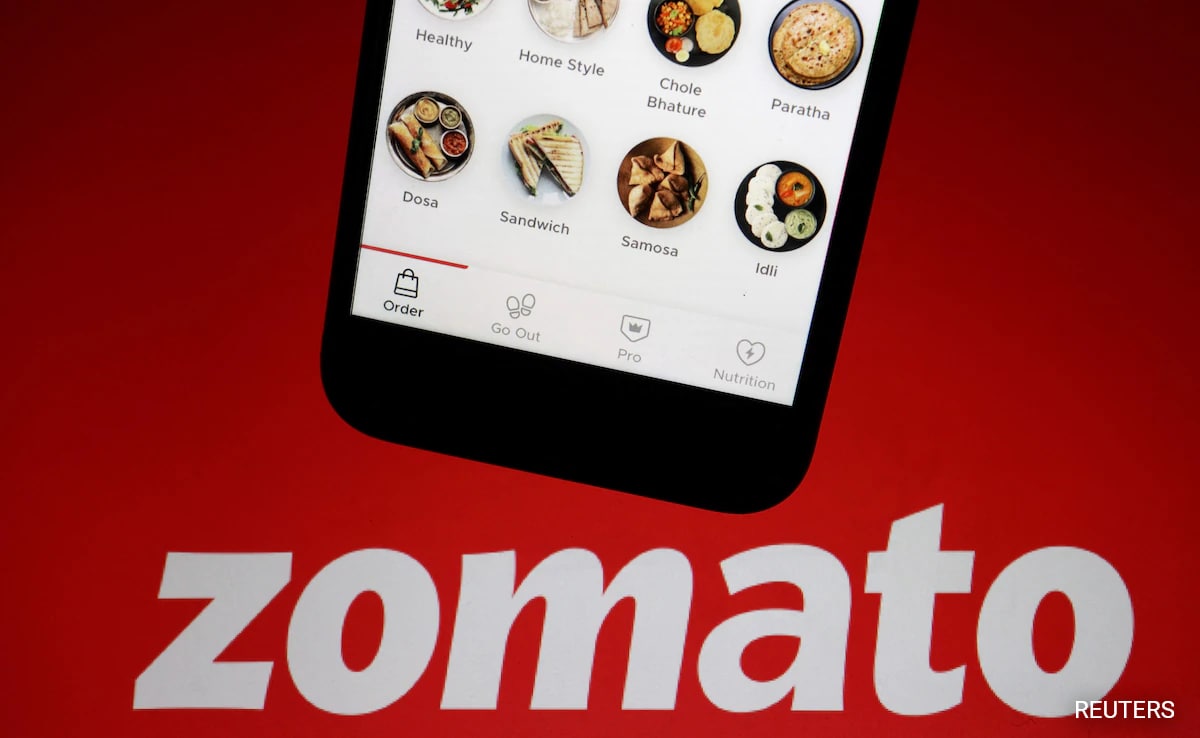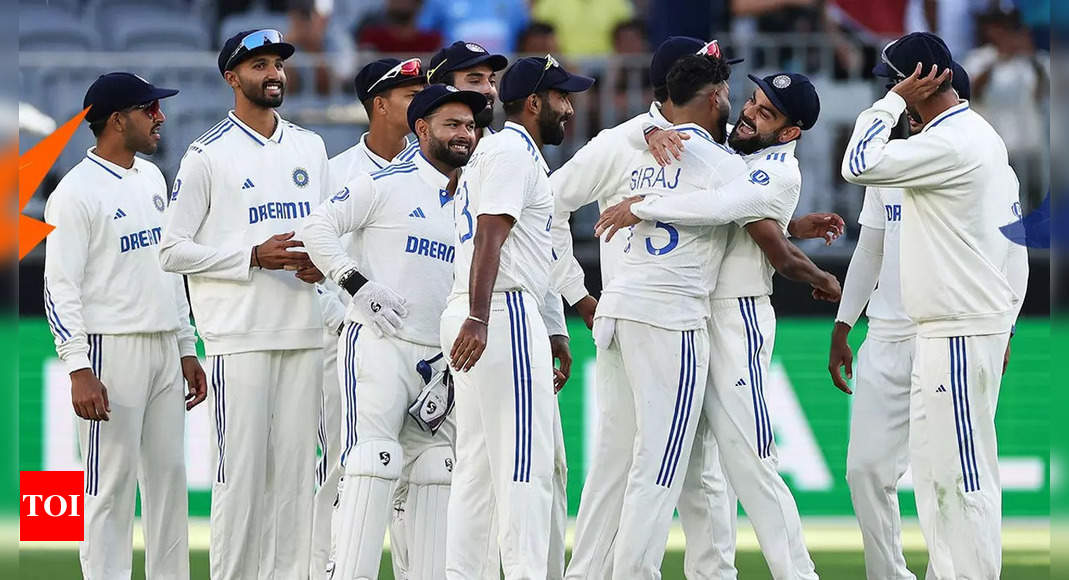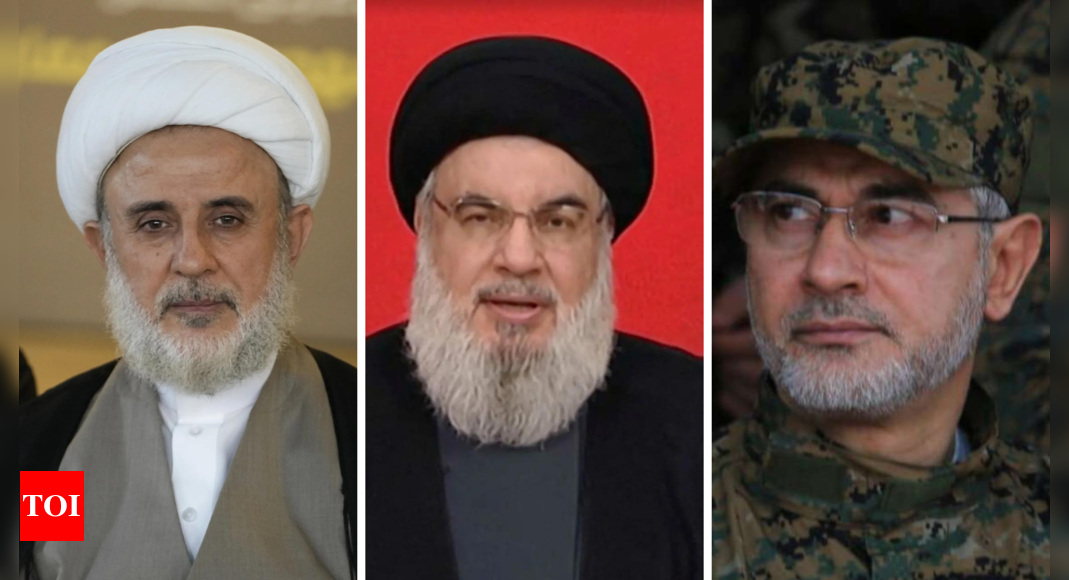
In a series of targeted strikes over the course of just over a week, Israel has significantly escalated its actions against Hezbollah, resulting in the deaths of seven top commanders, including its leader, Hassan Nasrallah.
This escalation came after Hezbollah joined forces with Hamas in Gaza, following the latter’s surprise attack on southern Israel.
The loss of these key members, many of whom have been with Hezbollah since its inception in the early 1980s, presents a significant challenge for the organization, which is considered Lebanon’s most influential military and political force.
Among those killed were Nabil Kaouk, a veteran commander who joined Hezbollah in the 1980s and was seen as a potential successor to Nasrallah.
Hezbollah Leadership Crumbles? Israel Targets Top Brass, Cripples High Command In Beirut | Watch
Here are the 7 commanders ‘eliminated’ by Israeli strikes:
The Israel Defense Forces (IDF) conducted a targeted airstrike on the headquarters of Hezbollah, resulting in the death of its leader Sheikh Hassan Nasrallah.
With the death of Nasrallah, who had led Hezbollah for over three decades, the organization faces a significant leadership void. Nasrallah, born into a struggling Shiite family in 1960, pursued theological studies and became involved with the Amal movement before co-founding Hezbollah.
The group formally declared its formation in 1985, releasing an “open letter” that named the US and the Soviet Union as Islam’s main enemies and called for the “obliteration” of Israel.
Nabil Kaouk
A day after the death of Hezbollah leader Hassan Nasrallah, Israel has killed another high-ranking Hezbollah commander, Nabil Kaouk, in an airstrike.
Nabil Kaouk was a veteran of Hezbollah, having joined the organisation in the 1980s.The United States had imposed sanctions on him in 2020 for his involvement in Hezbollah’s military operations in southern Lebanon.
Kaouk also served as Hezbollah’s military commander in south Lebanon from 1995 until 2010. He made several media appearances and gave speeches to supporters, including in funerals for killed Hezbollah militants. He had been seen as a potential successor to Nasrallah.
Ibrahim Aqil
Senior Hezbollah commander and head of the elite Radwan forces, Ibrahim Aqil was killed in an Israeli airstrike on Beirut’s southern suburbs.
Aqil was planning an assault on Israeli territory, with the goal of penetrating and attacking communities in the Galilee, Israel Defense Forces (IDF) said.
The IDF added that his objectives were similar to those of Hamas during the October 7 attacks.
In 2015, the US department of the treasury designated Aqil as a specially designated national due to his actions on behalf of Hezbollah. In 2019, he was further designated a “specially designated global terrorist” by the US state department. In the 1980s, Aqil was involved in major attacks, including the 1983 bombings of the US embassy and the US Marine Corps barracks in Beirut, which resulted in numerous casualties.
Ahmad Wehbe
Wehbe was a commander of the Radwan Forces and played a crucial role in developing the group since its formation almost two decades ago. He was killed alongside Akil in an airstrike in Beirut’s southern suburbs that struck and leveled a building.
Dozens Of Hezbollah Rockets Batter Israel As Nasrallah Revenge Fire Rages; IDF Confirms Impact
Ali Karaki
Karaki led Hezbollah’s southern front, playing a key role in the ongoing conflict. The US described him as a significant figure in the militant group’s leadership.
Little is known about Karaki, who was killed alongside Nasrallah.
Mohammad Surour
Surour was the head of Hezbollah’s drone unit, which was used for the first time in this current conflict with Israel.
Under his leadership, Hezbollah launched exploding and reconnaissance drones deep into Israel, penetrating its defense systems which had mostly focused on the group’s rockets and missiles.
Ibrahim Kobeissi
Top Hezbollah commander Ibrahim Mohammed Kobeissi died in an Israeli strike on South Beirut. Kobeissi led Hezbollah’s missile unit.
According to the IDF, Kobeissi planned the kidnapping and murder of three Israeli soldiers at the northern border in 2000, whose bodies were returned in a prisoner swap with Hezbollah four years later.
Who will succeed Nasrallah?
There is no one nearly as in?uential and respected among the group’s remaining brass as Nasrallah. The man widely regarded as his heir is Hashem Safieddine, a cousin of Nasrallah who oversees the group’s political affairs.
It is not known if he survived Friday’s attack, and the Hezbollah statement announcing Nasrallah’s death on Friday made no mention of a successor. The group’s Shura Council will have to meet in the coming days or weeks to choose its new leadership




